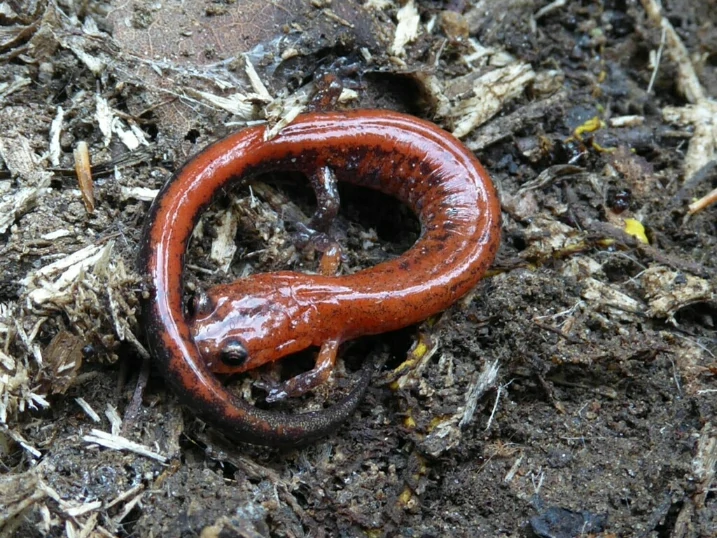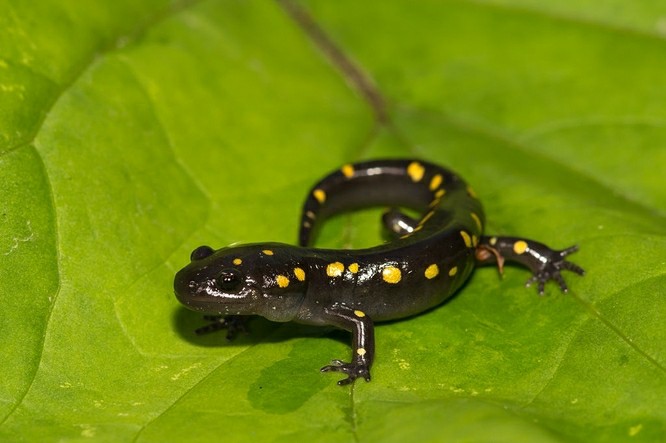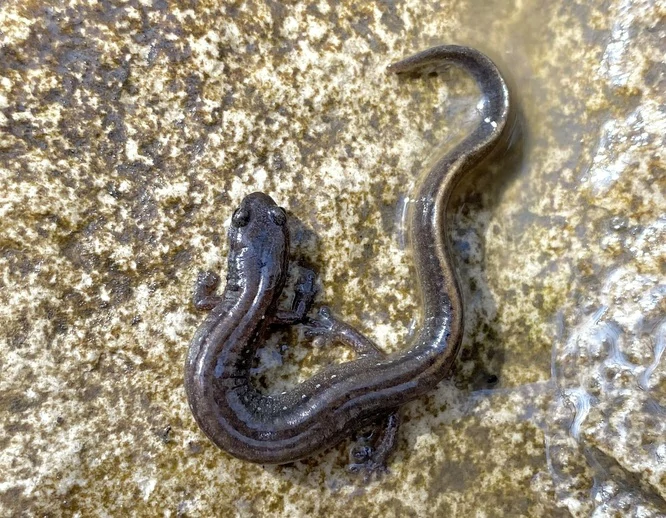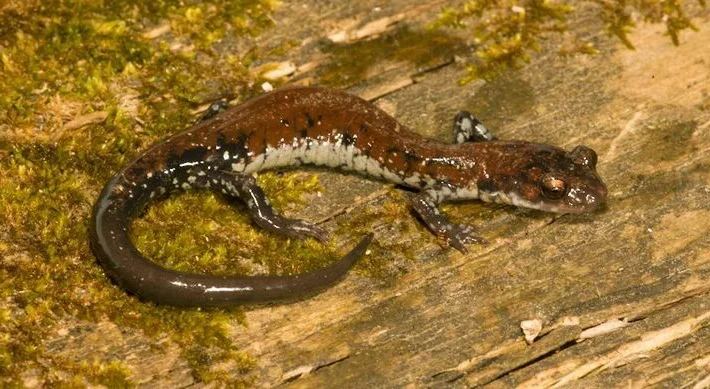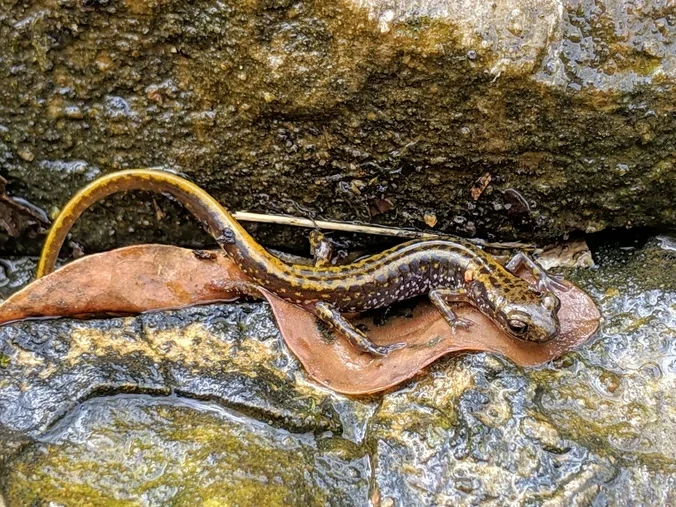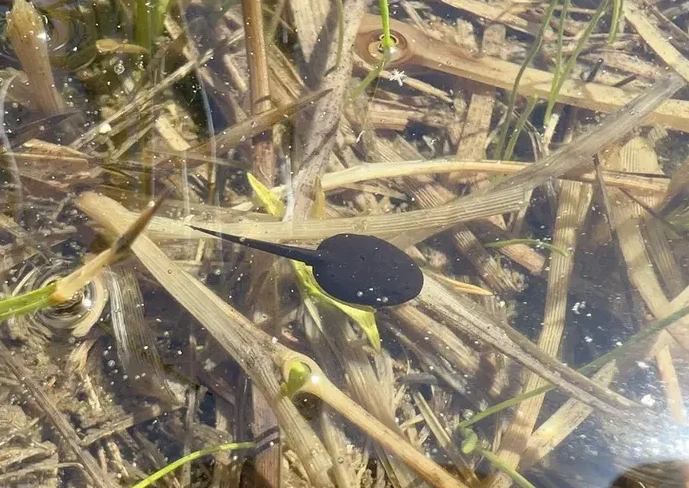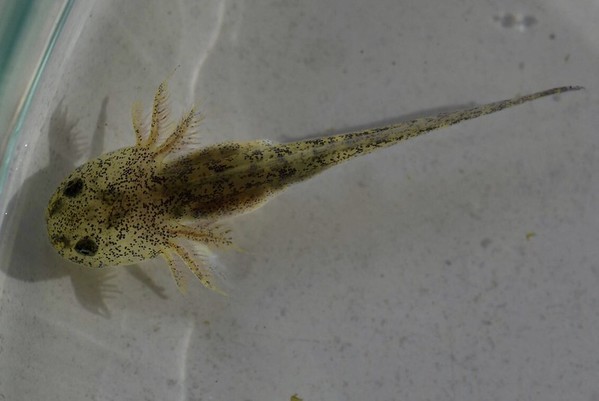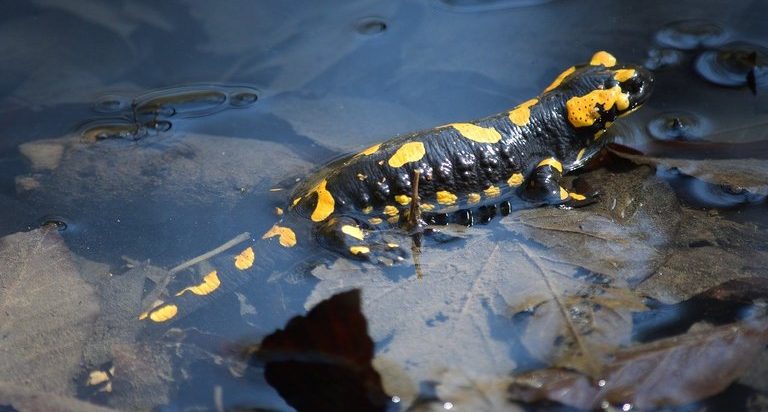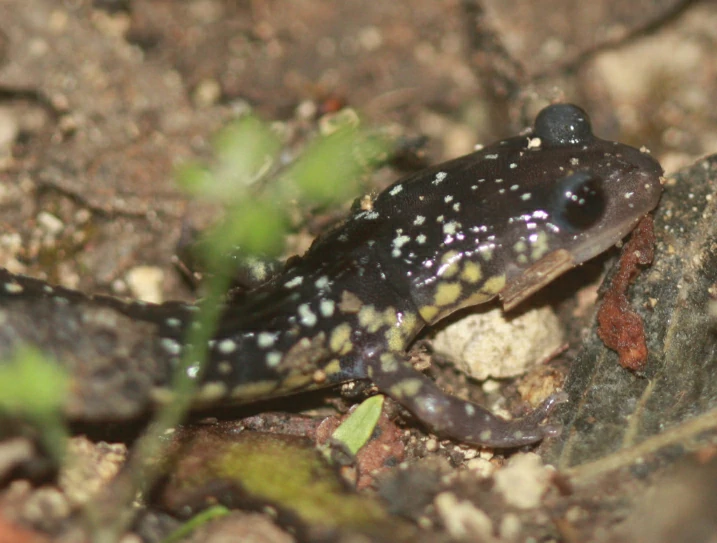Do Salamanders Dry Out?
Salamanders are one of the most interesting amphibians you’ll come across. These small, soft-bodied creatures can be found in forests, wetlands, and sometimes even in people’s backyards. But one common question people ask is: can salamanders dry out? Yes, salamanders can dry out. Their skin is very thin and porous, which makes it easy for … Read more

